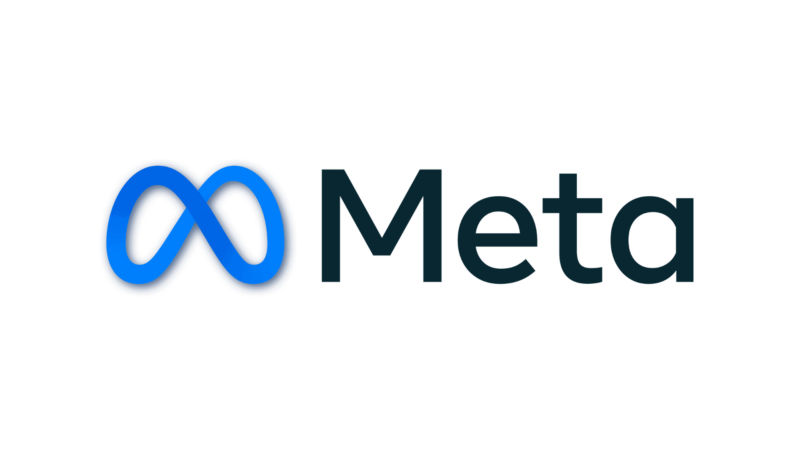Meta’s record $2 billion data fine is a punishment for change inertia
Meta just copped an enormous $2 billion fine for some data privacy funny business over in Europe. Who cares? AFFINITY’s digital boss Rob Mills explains why Aussie businesses should sit up and pay attention.
News last week of the Irish Data Protection Commission (DPC) imposing a record breaking 1.2 billion euro fine, or close to AU$2 billion, on Meta for their continued transfer of EU personal data to the US is a wake-up call for businesses worldwide.
Meta, the parent company of Facebook and Instagram, says it was “disappointed to have been singled out” and the ruling was “flawed, unjustified and sets a dangerous precedent for the countless other companies”.
The playground excuse of ‘everyone is doing it’ has rarely vindicated the accused, and their track record and lack of proactive action make it difficult to sympathise.


